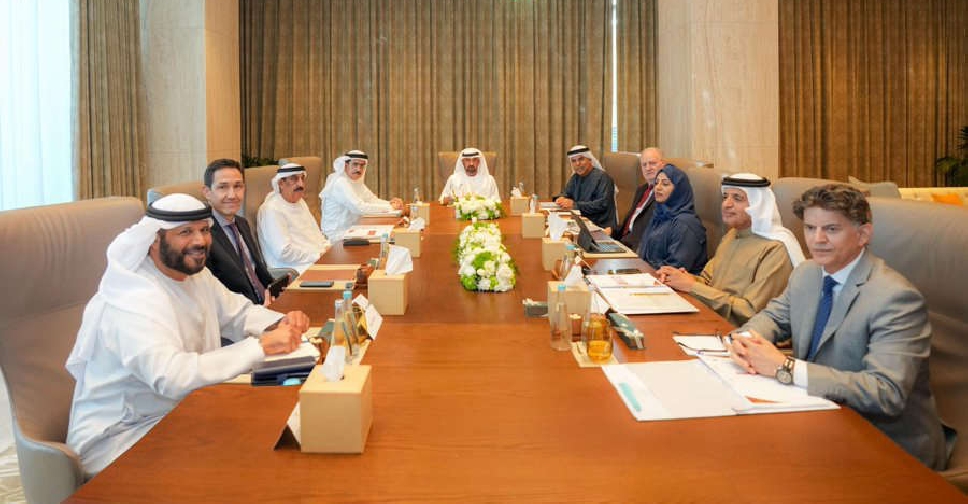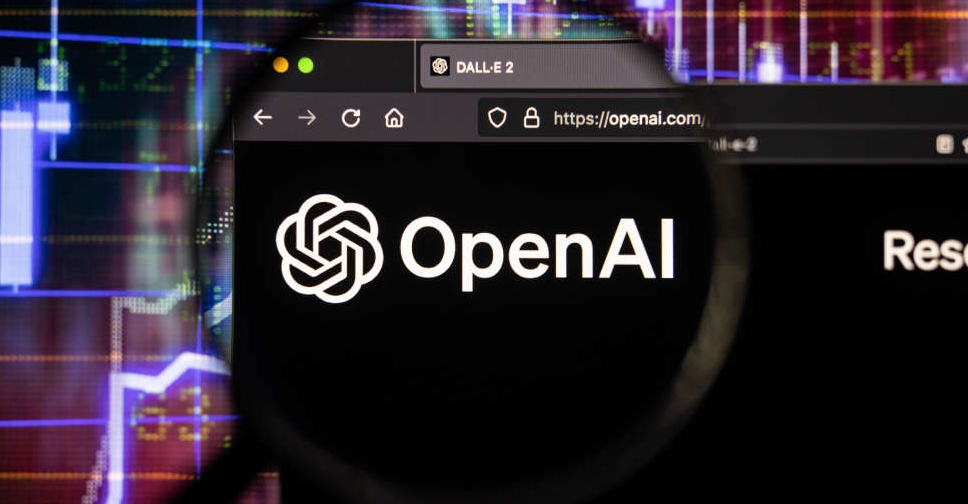
Apple Inc. is introducing new ways to generate revenue from apps by offering incentives to encourage subscription-based models and charging developers for prominent placement within the U.S. App Store search. It’s the latest move by Apple to offset slowing iPhone sales by boosting revenue from web services. Marketing head Phil Schiller was placed in charge of the App Store in December, helping boost sales from services, which also include Apple Music, iTunes and iCloud, by more than 23 percent in the six months through March. Under a new revenue-sharing program with developers outlined Wednesday, Apple’s cut from an app will fall to 15 percent after a user has subscribed for a year, according to its website. The Cupertino, California-based company currently keeps 30 percent of revenue from an app, irrespective of how long a user subscribes. The changes will take effect June 13, the day Apple’s Worldwide Developer Conference starts in San Francisco. By encouraging app developers to build subscription-based programs, Apple will reduce its dependence on less predictable sums when customers make one-off payments for apps or in-app purchases. The push into paid search echoes the business model of Alphabet Inc.’s Google. Developers will be able to set their own budget for the product, which Apple is calling ‘Search Ads’, and pay only when a user taps an ad. Bloomberg News first reported on the plans in April. By Alex Webb/Bloomberg



 IDC 2025 discusses global disruptions, defence preparedness
IDC 2025 discusses global disruptions, defence preparedness
 Dubai Energy Council reviews carbon emissions progress
Dubai Energy Council reviews carbon emissions progress
 OpenAI board rejects Musk's $97.4 billion offer
OpenAI board rejects Musk's $97.4 billion offer
 AD Ports Group reports net profit of AED 1.78 bln
AD Ports Group reports net profit of AED 1.78 bln


